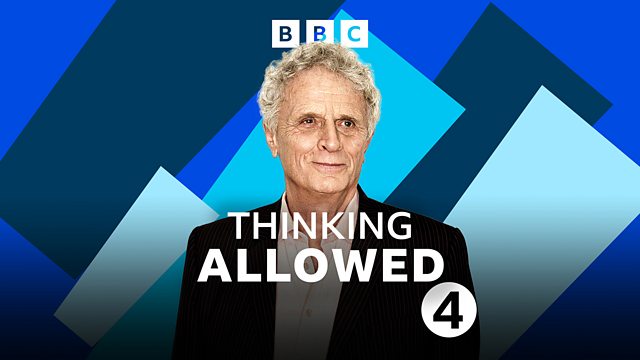Office Life
Office life: Laurie Taylor explores the evolution and meaning of the filing cupboard. Also, the personal significance of objects at work.
Office life: As more people return to the conventional workplace, Laurie Taylor talks to Craig Robertson, Associate Professor of Media Studies at Northeastern University, about a new study which charts the ‘vertical’ history of the filing cabinet and its role in capitalist modernity. Why was it advertised alongside gleaming skyscrapers & how did the logic of the cabinet come to penetrate the domestic sphere? Also, Harriet Shortt, Associate Professor in Organisation Studies at UWE, Bristol, considers the ways in which people deploy private possessions, from toys to photos, to personalise their increasingly sanitised working environments. Has Covid changed our relationship to such objects at work, as Zoom meetings have blurred the private and professional allowing us to enter our colleagues homes?
Producer: Jayne Egerton
Last on
Guests and Further Reading
Visual workplace identities: Objects, emotion and resistance by Harriet Shortt, Jan Betts and Samantha Warren in The Routledge Companion to Visual Organization (Routledge)
Scarred objects and time marks as memory anchors: The significance of scuffs and stains in organisational life by Harriet Shortt & Michał Izak in the Journal of Human Relations
The Routledge Companion to Visual Organization, edited by Prof Emma Bell, Prof Samantha Warren and Prof Johnathan Schroeder
The Filing Cabinet: A Vertical History of Information by Craig Robertson (University of Minnesota Press)
Broadcasts
- Wed 29 Sep 2021 16:00����ý Radio 4
- Mon 4 Oct 2021 00:15����ý Radio 4
Explore further with The Open University
����ý Thinking Allowed is produced in partnership with The Open University
Download this programme
Subscribe to this programme or download individual episodes.
Podcast
-
![]()
Thinking Allowed
New research on how society works


